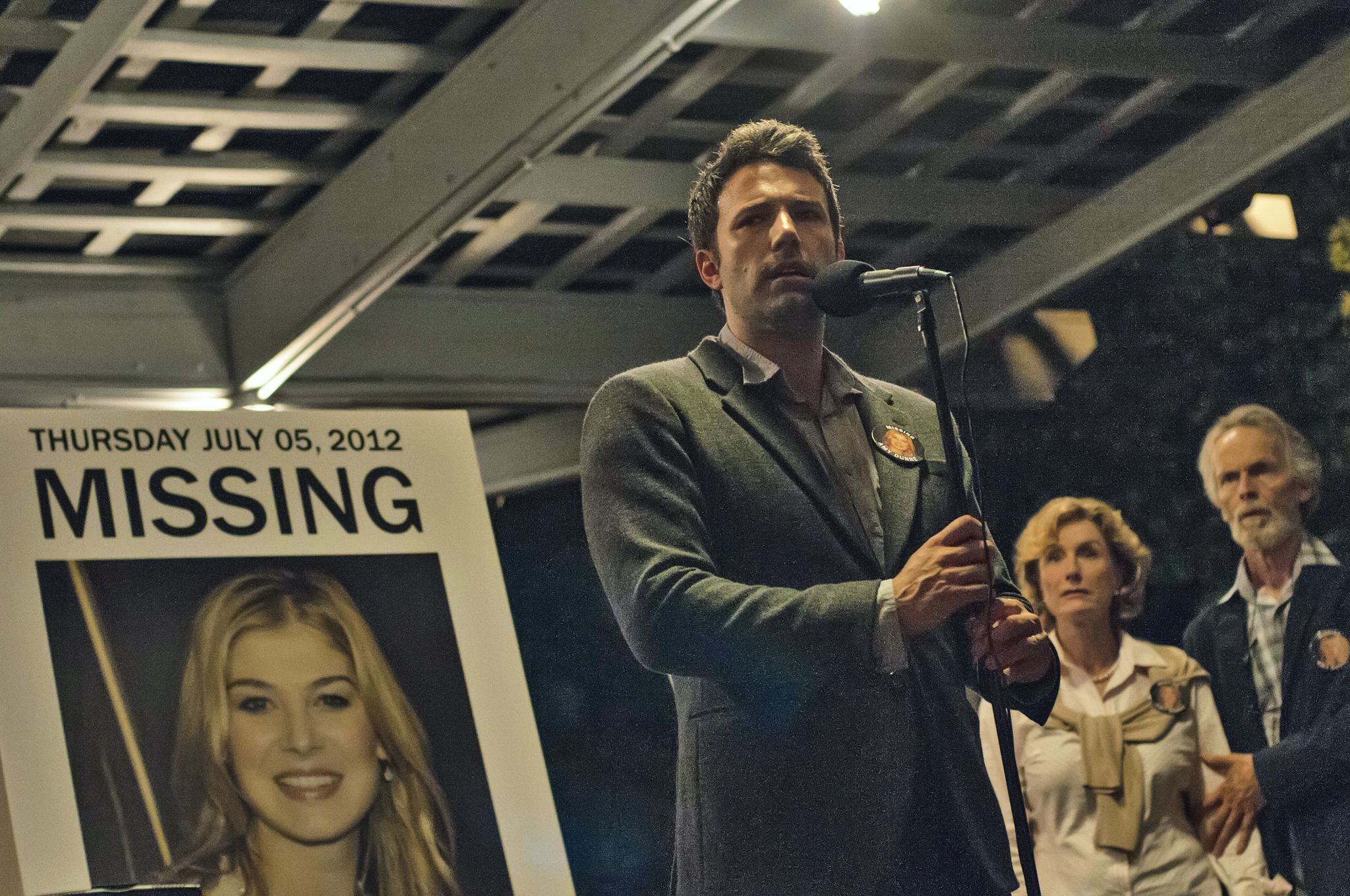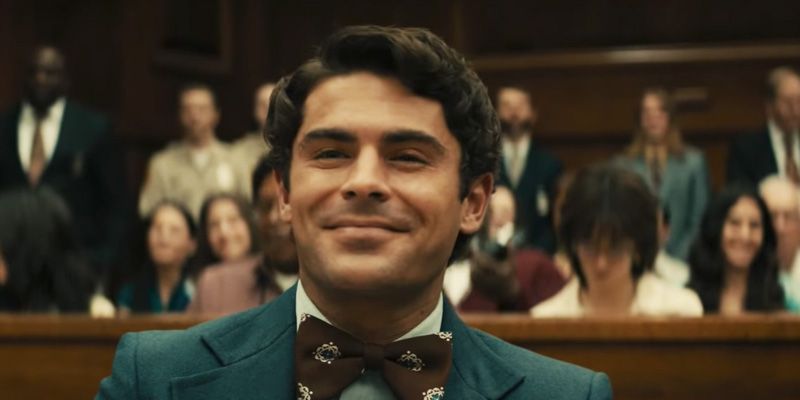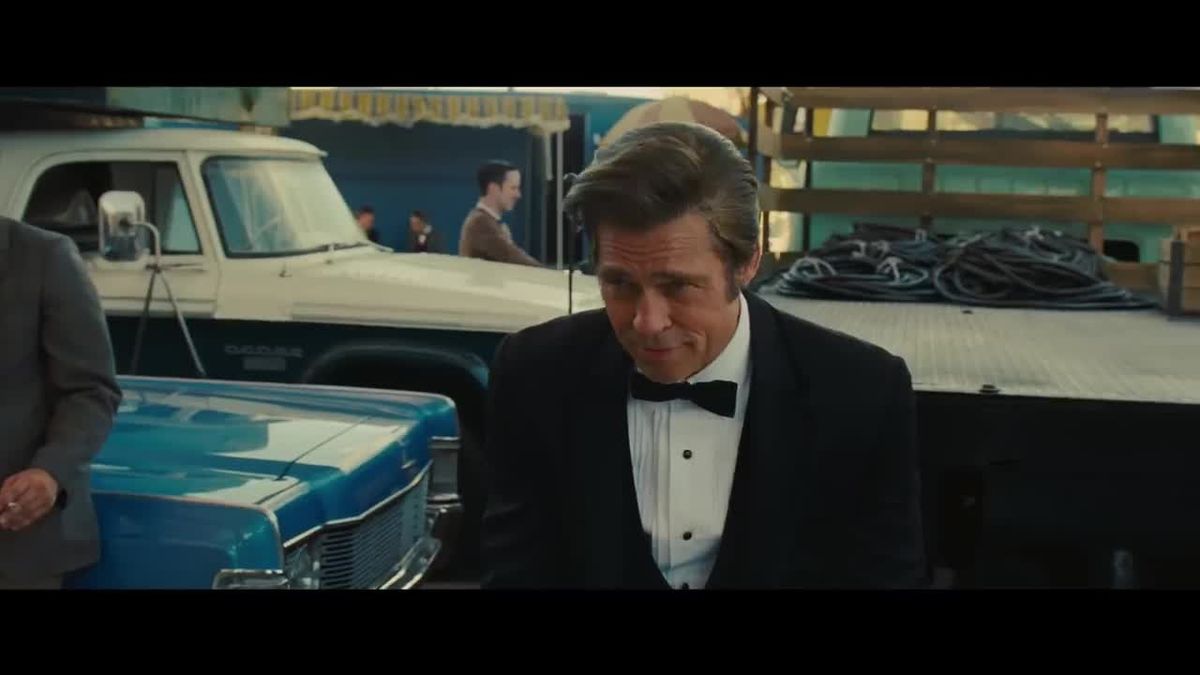Last week, in the case of missing Connecticut woman Jennifer Dulos, the lawyer for her husband, with whom she was embroiled in a custody battle, commented that he was, “investigating the possibility that this is a Gone Girl-type case and considering the possibility that no third party was involved in foul play.”
The idea that Dulos had, as in the 2012 thriller novel, faked her disappearance in order to frame her husband for her own death was especially disturbing given the bloodstains found at her home.
Gone Girl author Gillian has since spoken out to say that she found it "sickening" that a work of fiction would be used as a hypothetical motive for a "very real and very tragic disappearance". While her disdain is understandable, it's perhaps not so strange that the world of crime entertainment is becoming muddled with reality.
At the start of this year, a cursory glance at some of the most anticipated releases of the year showed they had one thing in common: a morbid fascination with murder. From a film and accompanying TV series about Ted Bundy, to Charles Manson appearing in Quentin Tarantino's Once Upon a Time In...Hollywood, as well as the forthcoming series of Mindhunter, 2019 has seen an explosion of entertainment focusing on true crime.
It comes after popular additions to the genre in recent years including podcasts like Serial and documentary series like Making a Murder and The Staircase. It has included highlights, such as O.J.: Made in America and The Assassination of Gianni Versace, and lowlights which offered no new information or insight, like Casting Jon Benet and The Disappearance of Madeleine McCann.
These works often advertise their 'based on real events' credentials to separate themselves from fiction, but treat murderous historical figures with the same glamorisation and dramatic flair as a fictional character. It can result in a grey area between reality and fiction, and as real crime is repackaged as dramatic entertainment, Ted Bundy is awarded the same mysterious allure as a character on Big Little Lies or Killing Eve.
In March of this year, Bauer Media launched Crime Monthly magazine. In appearance and format it closely resembles a celebrity gossip title, except it swaps celebrities for violent criminals and their victims, and the gossip is almost always death. Promising "the darkest crimes and evil minds", issues thus far have featured the likes of Milly Dowler and Ted Bundy on the cover.
Later that month the London Book Fair was a flurry with true crime titles being snapped up, including a study of the Bender family of serial killers in Kansas in 1873, a group who operated a ‘a human slaughter pen’, and a mortuary technician's forensic analysis of the murders in Agatha Christie's books.
This summer, Quentin Tarantino will release his ninth directorial outing, Once Upon a Time In... Hollywood, starring Margot Robbie as Sharon Tate. While the director has been at pains to point out that it is not a Charles Manson film, but rather about Los Angeles in the summer of 1969, the film moved its release date after upsetting the Tate family by coinciding it with the 50th anniversary of her death.
Though it's received excellent reviews, some have been critical of the representation of Tate, who has few lines and often seen dancing wordlessly on the screen. Here Manson's murders provide a colourful backdrop rather than giving it the serious attention it warrants, as Tate's sister Debra commented, "These people are taking horrific situations and making them even more graphic than they were without any concern for the living victims of these crimes."
All of which suggests that dressing up violence and murder as a titillating plot twist is worryingly desensitising us to the gruesome murders of real people. If the Connecticut case is anything to go by, the flip-side of real murder being relegated to entertainment is that fictional murder is elevated to reality.
Like this article? Sign up to our newsletter to get more articles like this delivered straight to your inbox














